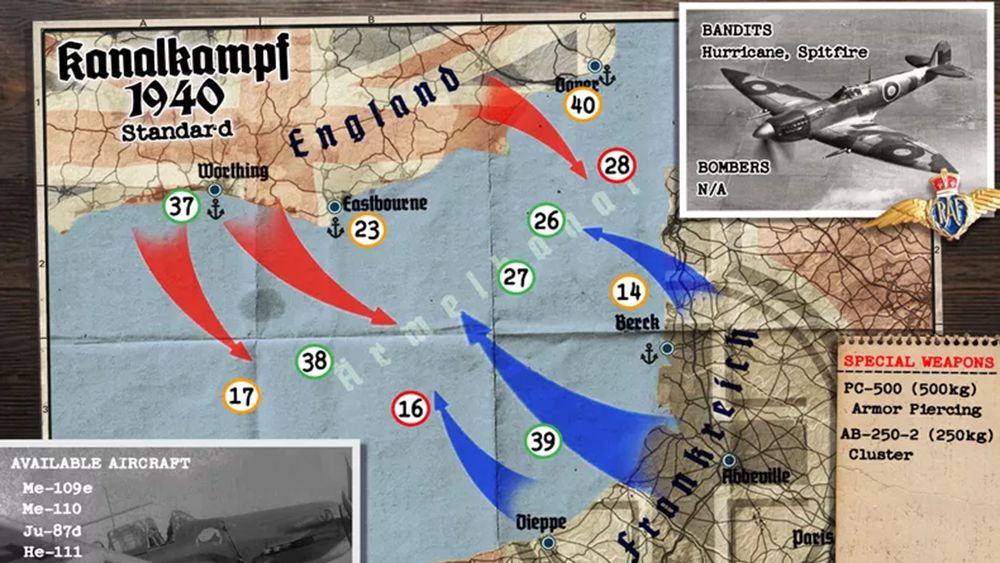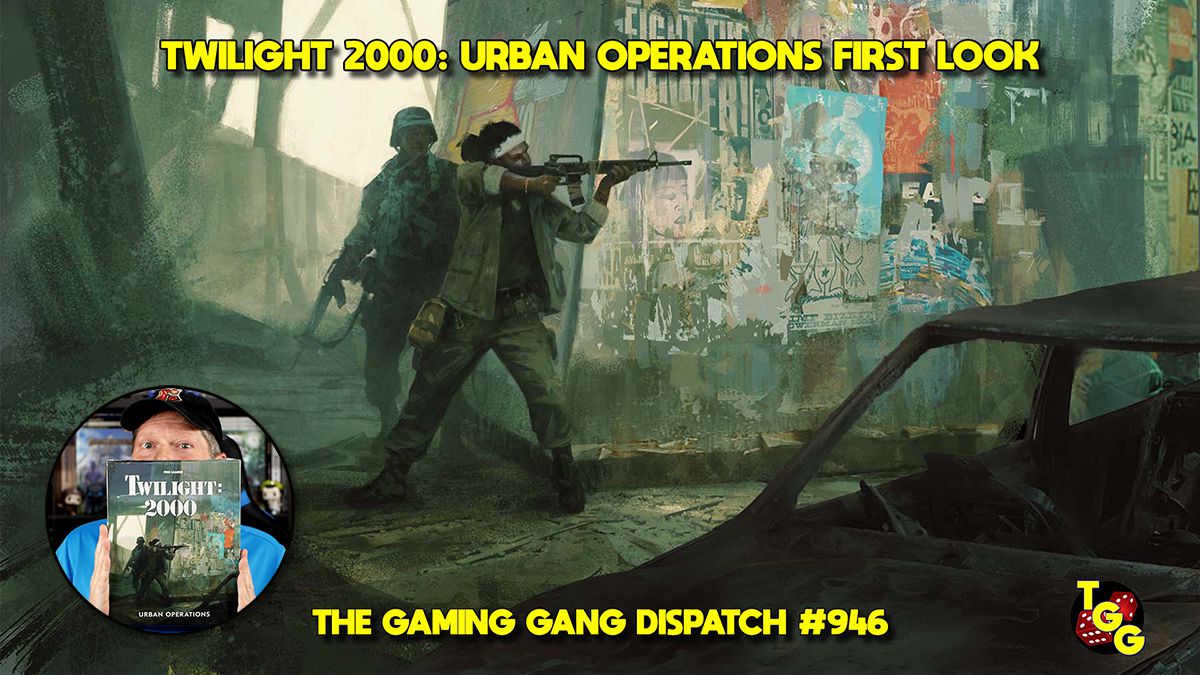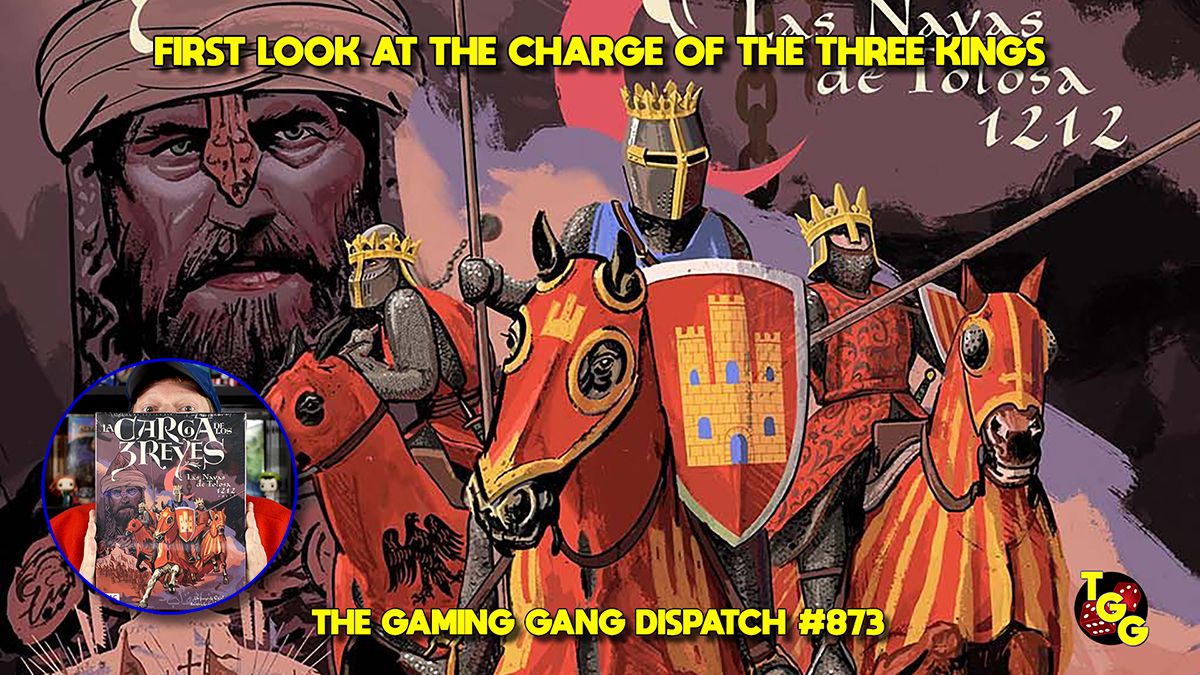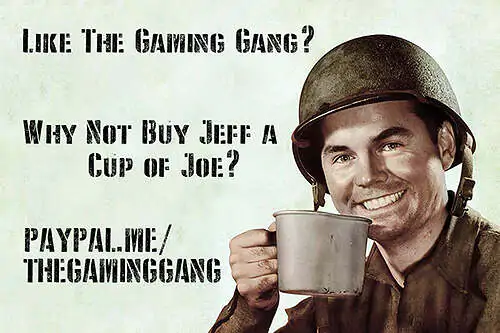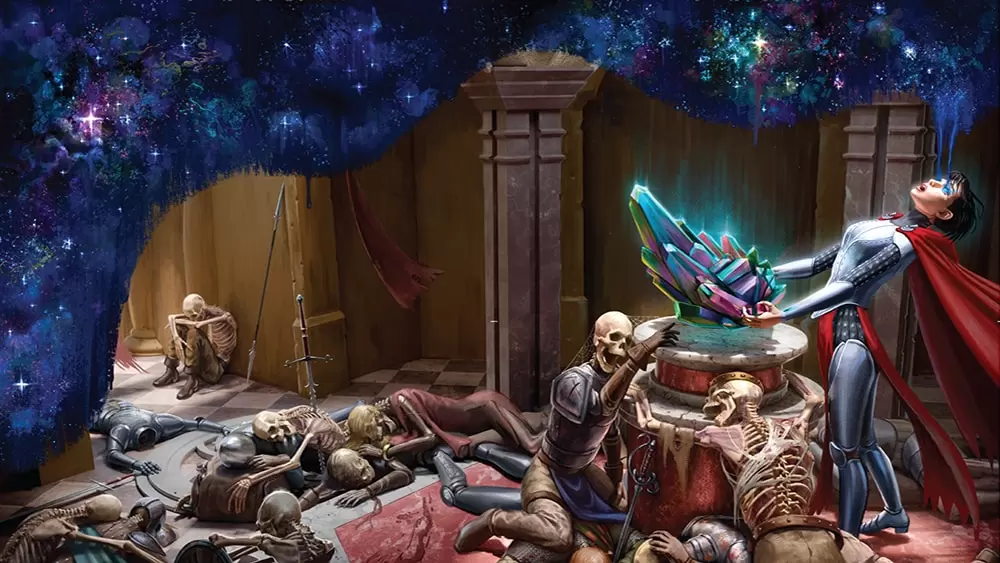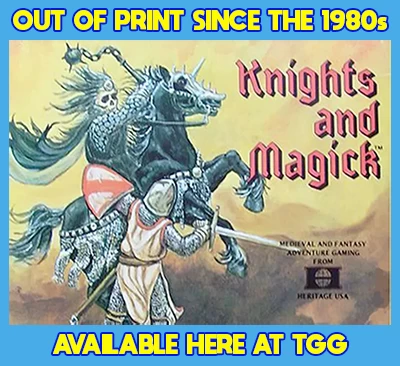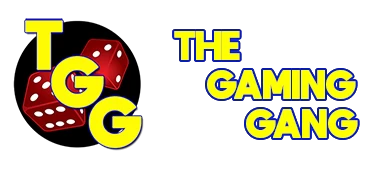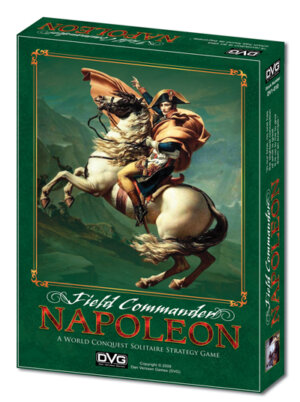
Publisher: Dan Verssen Games
Designer: Dan Verssen
Artists: Aaron Anderson, Wan Chiu, Jacques-Louis David, Miguel Santos, and Dan Verssen
Year: 2011
Players: One player
Ages: 13+
Playing Time: 90+ Minutes
Genre: Solo grand scale, horse and musket wargame
Retail Price: $99.99
Field Commander: Napoleon is a solitaire behemoth in which the player can take on any campaign (or all of them) in the career of one time master of Europe, Napoleon Bonaparte.
Let’s start off by saying that Field Commander Napoleon is huge, massive, ginormous! This puppy is one monster game and it’s heavy. Elliott likes to joke around that you could kill someone with a big old game box. With FC:N you could probably take down two people, if they were standing next to each other, with ease. This is the biggest and grandest title ever produced by Dan Verssen games. I know because Dan says so…
The box alone is about two and a half times as deep as a standard wargame; think of most GMT’s releases for an example. If you own Command and Colors Napoleonics, the FC:N box is just a tiny bit shallower but there aren’t loads of wooden blocks filling this box. What does fill it? Maps (as in seven mounted map boards), six counter sheets, a battle sheet, rulebook, and assorted play aids.
The components to FC:N are top notch! The counters aren’t overly cluttered with information so each type of unit has a nice sized image displayed. These are also of nice thickness and laminated so they’ll hold up to multiple replays. The game maps are also quality, with pertinent information prominently displayed for each of the eleven campaigns you can take on throughout Napoleon’s career. Keep in mind that some of these historical campaigns were fought over the same regions so a few of the maps are utilized more than once. Some folks might quibble that the map art is a bit plain due to it mainly just being all brown with a few items of interest marked such as cities or mountains. Personally, I actually liked the design decision simply for the fact that historically a commander wouldn’t be carrying around a highly detailed, panoramic view of a country in his hip pocket; especially not in the late 18th or early 19th century!
You’ll play out each campaign with two maps: One which depicts the campaign area such as Italy in 1796 or 1800 as well as a battlefield sheet. Folks who preordered FC:N received a mounted battlefield map as well as the sheet. The rulebook is put together nicely including illustrations and examples of play. There are a few sticky spots that require a reread or three before you nail down the meaning but all in all everything makes sense once you start to play.
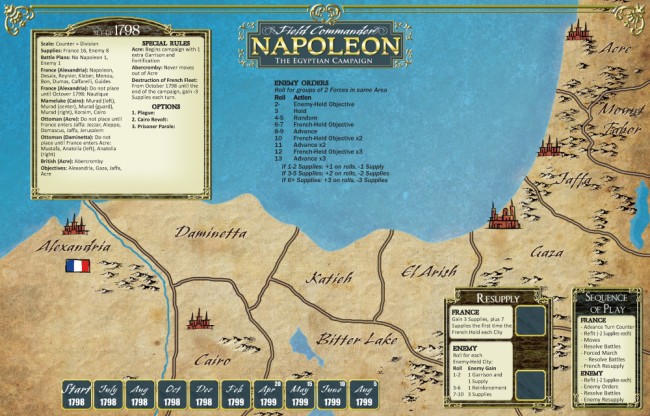
Here’s a breakdown of each turn of gameplay:
Advance the Game Turn Marker – Each campaign has a set length and various victory conditions associated with it. If you have not achieved these conditions by a particular turn, you lose. The maps also show the historical timeline so you can do better or worse than Bonaparte did in real life.
French Moves – Easy enough, as any of your mobile forces (fortifications and garrisons stay in place) can move to an adjacent area.
Resolve Battles – More on this in a bit but this where all the tactical action takes place and when the Battle Sheet is used.
French Forced March – Once again your mobile forces move and you can even move those who stayed put during the first movement phase.
Resolve Battles – Your forced marches may have ended in contact with the enemy so you’ll play out any new battles.
French Resupply – You’ll have to opportunity to reinforce damaged forces as well as purchase new forces and scouts.
Enemy Orders – You’ll roll on a chart to determine what each enemy force in an area will do. It is possible that enemy forces made up of different nationalities could break up and go off after completely different objectives.
Resolve Battles – Yep! More fighting!
Enemy Resupply – You’ll roll on a chart to see what new forces your enemy may buy and how they may reinforce damaged forces.
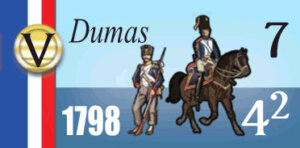
Before the battle gets underway you’ll have a few items that need to be addressed.
Roll for Fog of War – This could be good or bad for the French as the can gain additional supply points (used for a variety of purposes like reinforcements, buying scouts, and so on) or inflict a hit on an enemy force before the battle gets underway among some of the results of the chart. The opposite could also take place given a bad roll. The Fog of War Chart will also determine how many battle turns the engagement will last.
Envelopment Check – If one side’s combined combat rating is three times that of the enemy no battle takes place and the overwhelmed forces are destroyed. You better not let this happen to you with Napoleon present because anytime he is alone in an area without forces you automatically lose. I tend to check for envelopment before setting up a battle…
Determine the Number of Battle Plans – Battle Plans drive the mechanics of combat and add a lot of spice to the goings on. Forces have default orders which are fairly limited but Battle Plans allow for more in depth options and abilities. Enemy forces will have a set number of Battle Plans whereas the French get a certain number and gain more if Napoleon is present. The French can also purchase more Battle Plans with Supply Points.
Select Insights – Speaking of Napoleon being present, he also brings to the battlefield what are known as Insights. You can trade in French Battle Plans for Insights which are special modifiers or abilities that affect the entire battlefield as opposed to a Battle Plan which only affects a single force. The trade is on a one for one basis and you can have more than one Insight activated at a time.
Place French Forces – You’ll place the French forces involved in the battle on the Battle Sheet with certain restrictions on the number of units that can be placed in the reserve, approach, and front areas.
Place Enemy Forces – You’ll do the same as above with the enemy forces.
Now you’re ready to do battle!
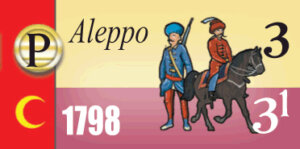
The French assign available Battle Plans as you see fit whereas the enemy’s Battle Plans are drawn from a cup each turn and assigned by the player. These are the moments that will make or break the enjoyment of the game, and I’ll get to that in just a minute but the French have a distinct advantage when it comes to the Battle Plans. Keep in mind the Battle Plans of the two sides are not the same as there are more for the enemy than for the French. Mainly this is due to the player knowing what they want their forces to do and the mechanics of the game are trying to level the field for the AI opponent.
Rather than getting into a blow by blow of each Plan let’s just say that they cover a variety of actions from cavalry charges, to firing more than a whiff of grapeshot, to forming square, and everything in between. Based on the Battle Plans and default actions the opposing forces with attack, take damage, fall back, reengage, and go back and forth until either one side is destroyed, routed, or the number of turns previously determined is reached. If you run out of turns you’ll roll on the Withdrawal Chart to see who might retreat or even if a new battle is to take place on the heels of the first.
I will point out that it is very possible for you to have a battle of only two turns in which no one fires a shot. It does happen but it’s also possible to have the battle rejoined through the Withdrawal result, a Forced March, or Enemy movement. This might bother some people as you’ll find yourself setting up a lot of battles that don’t play out to decisive conclusions or spend multiple turns trying to tie down enemy forces while the Campaign turns remaining dwindle down to a precious few.
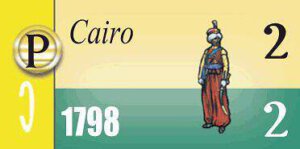
There is one other factor that needs to be mentioned that will have a great impact on your impressions of FC:N and that is the nature of solitaire play in general. If you happen to be the sort of gamer who plays a solitaire game and find yourself fudging die rolls to ensure success you won’t enjoy the game as much as you should; Field Commander Napoleon requires a certain level of disconnect from the solo gamer in order to provide the French opponents a fighting chance.
All in all, I think Field Commander Napoleon makes a great addition to any solo wargamer’s collection. The price point might turn off some but you do receive a lot of content and gaming goodness in quite a large package. At the end of the day though, it may come down to a self-assessment of your own solo gaming style to determine if FC:N is right for you.
[rwp-review id=”0″]



